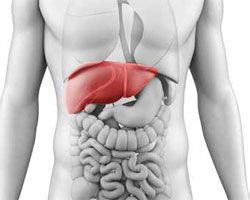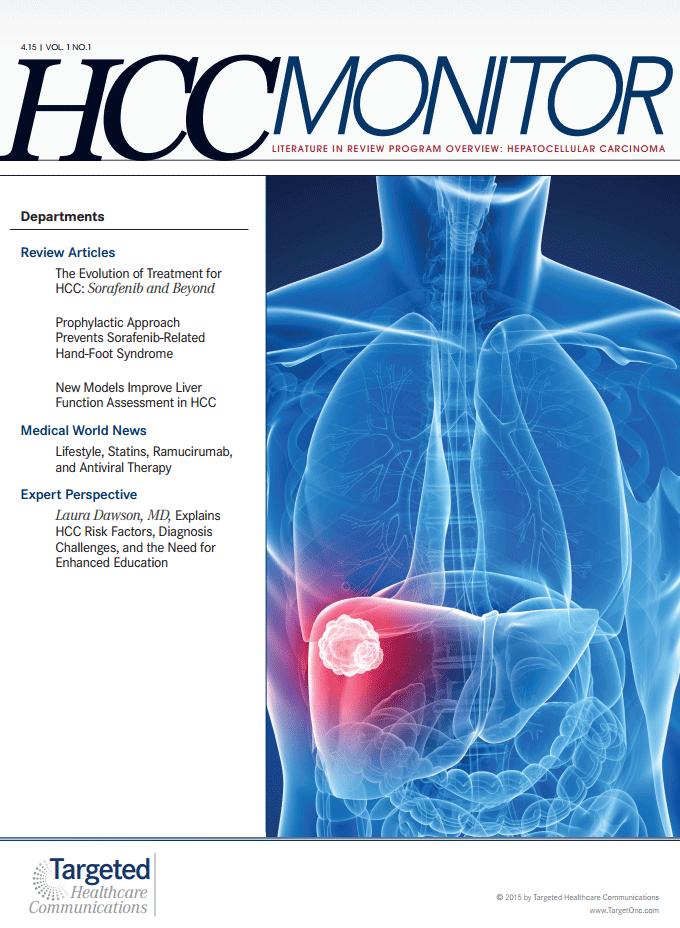Antiviral Therapy Improves Survival in HBV-related HCC
Antiviral therapy with nucleoside analogs demonstrated an improvement in survival for sorafenib-treated patients with hepatitis B virus-related hepatocellular carcinoma.

Antiviral therapy with nucleoside analogs demonstrated an improvement in survival for sorafenib-treated patients with hepatitis B virus (HBV)-related hepatocellular carcinoma (HCC), according to a study published in theJournal of Gastroenterology and Hepatology.
Various phase IV studies are assessing the influence of antiviral therapy on long-term outcomes for patients with HBV infections and related HCC.
"Antiviral therapy with nucleoside analogs improved overall survival of HBV-related HCC patients treated with sorafenib, especially in patients with BCLC stage C disease and higher HBV-DNA level," the authors of the study wrote.
The retrospective analysis looked at 151 patients with HBV-related HCC following prior treatment with sorafenib at the Sun Yat-sen University Cancer Center, in China. Overall, 88 patients received antiviral therapy while 63 did not.
Patients in the nucleoside analog group experienced a significant reduction in the risk of death compared with the non-antiviral group. The median overall survival in treated patients was 16.5 months compared with 13.1 months (HR = 0.67; 95% CI, 0.56-0.98;P= .04).
A subgroup analysis revealed that patients with BCLC stage C and those with higher pre-sorafenib HBV-DNA levels experienced a greater survival advantage.
"Antiviral therapy with nucleoside analogs was one of the independent prognostic factors for OS of HBV-related HCC patients treated with sorafenib," the authors wrote.
A previous study published inJAMAdemonstrated similar findings. In this analysis, patients treated with nucleoside analogs experienced a lower HCC recurrence rate at 6 years compared with untreated patients following liver resection.
In this Taiwanese study, the 6-year recurrence rate in patients with HBV-related HCC with antiviral therapy was 45.6% versus 54.6% without. Mortality rates in the treatment arm were 29% versus 42.4% in untreated patients.
"The treated cohort had a higher prevalence of liver cirrhosis when compared with the untreated cohort, but lower risk of HCC recurrence," the authors noted.
While a majority of adult patients infected with hepatitis B recover, 90% of infants and up to 50% of young children infected with the virus develop chronic infections. The annual incidence of HCC in HBV carriers is 0.5% to 1%.

Survivorship Care Promotes Evidence-Based Approaches for Quality of Life and Beyond
March 21st 2025Frank J. Penedo, PhD, explains the challenges of survivorship care for patients with cancer and how he implements programs to support patients’ emotional, physical, and practical needs.
Read More
Survivorship Care Promotes Evidence-Based Approaches for Quality of Life and Beyond
March 21st 2025Frank J. Penedo, PhD, explains the challenges of survivorship care for patients with cancer and how he implements programs to support patients’ emotional, physical, and practical needs.
Read More
2 Commerce Drive
Cranbury, NJ 08512
All rights reserved.